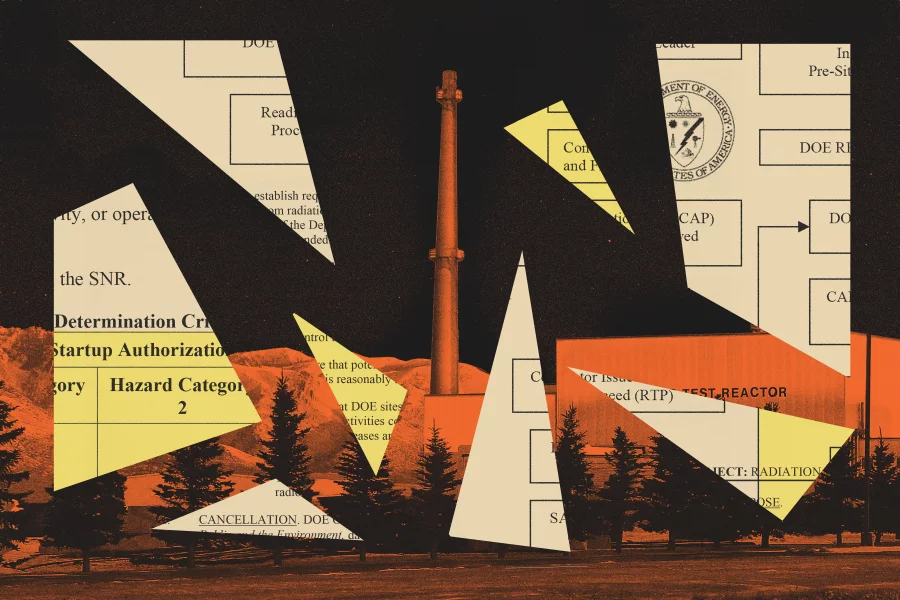 The communication, part of the cache of State Department cables that WikiLeaks passed to McClatchy and other news organizations, is just one indication of how the U.S. government over the years has maneuvered to influence the world's oil and natural gas markets.
The communication, part of the cache of State Department cables that WikiLeaks passed to McClatchy and other news organizations, is just one indication of how the U.S. government over the years has maneuvered to influence the world's oil and natural gas markets.
With oil trading near $100 a barrel and gasoline near $4 a gallon at the pump, Americans can take solace in knowing that securing sources of oil has been a chief focus of U.S. embassies across the globe for years.
Of the 251,287 WikiLeaks documents McClatchy obtained, 23,927 of them — nearly one in 10 — reference oil. Gazprom alone is mentioned in 1,789.
In the cables, U.S. diplomats can be found plotting ways to prevent state entities such as Gazprom from taking control of key petroleum facilities, pressing oil companies to adjust their policies to match U.S. foreign policy goals, helping U.S.-based oil companies arrange deals on favorable terms and pressing foreign governments to assist companies that are willing to do the U.S.'s bidding.





 Donald Trump has vented his fury against a green energy deal between the British government and...
Donald Trump has vented his fury against a green energy deal between the British government and... The Trump administration has overhauled a set of nuclear safety directives and shared them with the...
The Trump administration has overhauled a set of nuclear safety directives and shared them with the... For those who did not manage to buy portable gas heaters and stoves, firebricks have become...
For those who did not manage to buy portable gas heaters and stoves, firebricks have become...






























